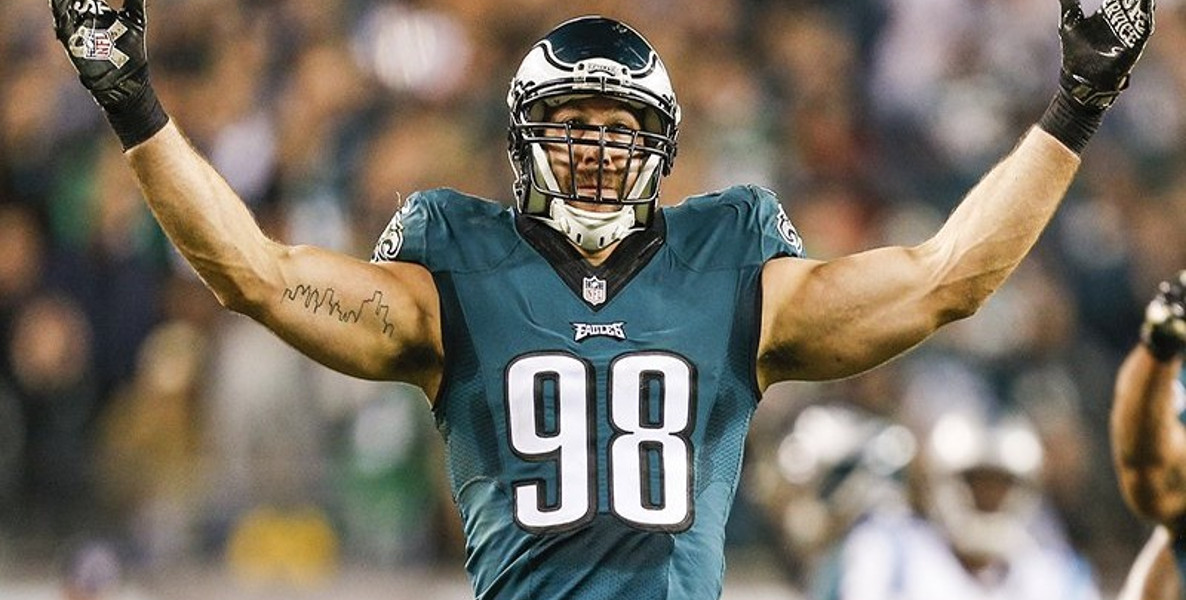If you’ve seen me on the field after our defense comes up with a big sack or interception, you know I’m a passionate guy about football. But what you might not know is that I’m also passionate about the American city, and this one in particular. The moment I signed with the Eagles as a free agent in 2013, I became a Philadelphian. So this season, like last year, after I bleed Eagle green on the field each week, I’m going to walk you through a data set here at The Citizen that compares our civic health against the cities of the teams we play. And we’re also going to try and highlight an innovative, inspiring idea from each of our opponents’ hometowns. Like last year, my wingman on this adventure is Professor Richardson Dilworth of Drexel’s Center for Public Policy, who has forgotten more about cities than most of us will ever know.
This week, we took care of Cleveland on the field and in our civic matchup, as indicated in the chart below. Looking at the data, I was curious to see Cleveland’s higher crime and poverty rates; last season, there weren’t many cities that lost to us on both counts. “That’s likely because Cleveland, as a geographically smaller city, captures less of its suburbs than does Philadelphia,” says Dilworth. “For instance, the equivalent neighborhood of Chestnut Hill in Cleveland is most likely not actually in Cleveland, but rather an outlying suburb, like Chagrin Falls. Chestnut Hill brings down Philadelphia’s poverty and crime rate. Chagrin Falls, being outside Cleveland, does not do the same for Cleveland.”
As for percentage of park land, Cleveland does not have a flagship park that is the equivalent of our wonderful Fairmount Park. Remember, Fairmount Park was in part established for the purposes of the 1876 Centennial. “In general, World’s Fairs, like today’s Olympics, typically leave new park lands in their wake,” says Dilworth. “Cleveland never had a similar World’s Fair—the 1936-37 Great Lakes Expo was not as big a deal and was held during the Depression.”
Cleveland’s Idea We Should Steal: The Evergreen Cooperatives Initiative got its start eight years ago, when the Cleveland Foundation brought together local “anchor institutions” such as the Cleveland Clinic and Case Western Reserve University to brainstorm ways to invigorate the city’s struggling economy.
Instead of funding the same old anti-poverty programs or lobbying for tax breaks to recruit more employers to the city core, they invested in worker-owned co-ops, startups that employ and are owned by workers from the neighborhood. To date, there are three Evergreen companies—a laundry, an urban farm and an energy company.
The results so far have been encouraging. “This is a great idea,” says Dilworth. “At its inception, it was overhyped. Co-ops tend to be slow growing businesses that depend on community support, and there is no one thing that will be a game-changer for a city with almost a 40 percent poverty rate. But Evergreen suggests a way in which co-ops can be used as policy tools in economic development.”
Here in Philly, Dilworth points out, there have been some isolated co-op successes. The Weaver’s Way grocery in Mt. Airy is the best example; it’s community-owned, not worker-owned, but has gradually grown, promoted and spun off other co-ops, established urban farms, set up a foundation, and promoted local businesses. It may be proof that co-op businesses could be part of an economic development strategy for Philadelphia.
“Philadelphia is structurally similar to Cleveland, in that we have large nonprofit anchor institutions who aren’t going to leave the city, who spend lots of money and who are surrounded by poor neighborhoods,” Dilworth says. “So the Evergreen model should work in Philadelphia. But it won’t be a game changer, at least not in the short term.”
Next week we take on Chicago on Monday night.
Connor Barwin is the Eagles defensive end and runs the Make The World Better Foundation, which works to refurbish city parks.
Results
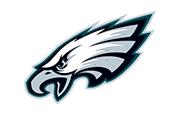
PhiladelphiaEagles |
|
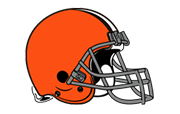
ClevelandBrowns |
|
# of B Corporations
27 |
7 POINTS
Eagles |
# of B Corporations
1 |
|
% Graduated high school in last school year
65 |
7 POINTS
Eagles |
% Graduated high school in last school year
64.3 |
|
Diversity Index
0.34 |
7 POINTS
Eagles |
Diversity Index
0.41 |
|
% Bike to work
1.9 |
7 POINTS
Eagles |
% Bike to work
0.7 |
|
% Acres of park space
13 |
7 POINTS
Eagles |
% Acres of park space
6.6 |
|
Violent crime per 1,000 residents
10.2 |
7 POINTS
Eagles |
Violent crime per 1,000 residents
13.3 |
|
% Voted in last mayoral election
25.5 |
7 POINTS
Eagles |
% Voted in last mayoral election
21 |
|
% Below poverty
26 |
7 POINTS
Eagles |
% Below poverty
39.2 |
|
Public transportation score
67 |
7 POINTS
Eagles |
Public transportation score
47 |
|
Final Score
63 |
Philadelphia
Eagles |
Final Score
0 |
Sep. 11 |
63-0
Eagles |

Browns |
Sep. 19 |
28-35
Bears |
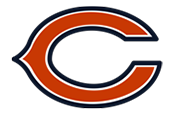
Bears |
Sep. 25 |
35-28
Eagles |
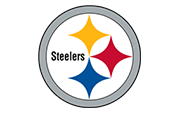
Steelers |
Oct. 09 |
63-0
Eagles |
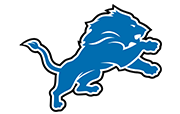
Lions |
Oct. 16 |
28-35
Redskins |
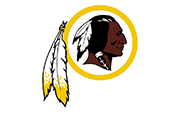
Redskins |
Oct. 23 |
28-35
Vikings |

Vikings |
Oct. 30 |
35-28
Eagles |

Cowboys |
Nov. 06 |
14-49
Giants |
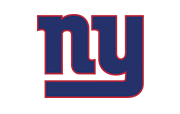
Giants |
Nov. 13 |
56-7
Eagles |
Falcons |
Nov. 20 |
35-28
Eagles |

Seahawks |
Nov. 28 |
35-28
Eagles |
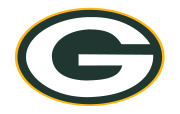
Packers |
Dec. 04 |
35-28
Eagles |
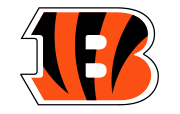
Bengals |
Dec. 11 |
28-35
Redskins |

Redskins |
Dec. 18 |
49-14
Eagles |

Ravens |
Dec. 22 |
14-49
Giants |

Giants |
Civic Record:
EAGLES |
Wins
9 |
Losses
4 |
Upcoming Games:
For more information on this data, see the Civic Season Explained page.
Note: The Eagles play Washington, D.C., New York and Dallas twice this season, but we only count each city once in the Civic Record.



